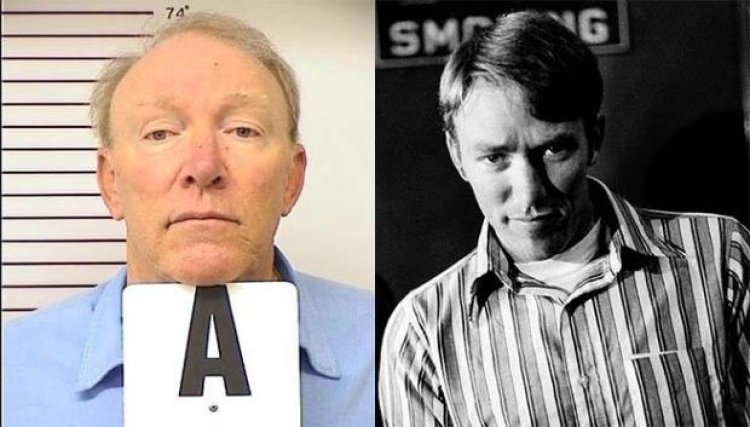The parole application of a 70-year-old man who kidnapped a bus full of children in 1976 has been approved.
An appeals court, however, overturned the sentence, ruling that they should be eligible for parole. James Schoenfeld was released in 2015, and Richard Schoenfeld was paroled in 2012. Woods is the only one of the three that is still behind bars.

According to California Department of Corrections and Rehabilitation spokesperson Joe Orlando, a 70-year-old man who was imprisoned for the 1976 kidnapping of a busload of children has been authorized for parole (CDCR).
Frederick Newhall Woods, 70, was one of three men who kidnapped 26 children and their bus driver more than 45 years ago in Chowchilla, a small town in Madera County, Northern California.
All 27 captives were transported to Livermore, more than 100 miles away, where they were loaded into a moving truck and buried alive in Woods' father's quarry.
The kidnappers then sought a $5 million ransom in what was the largest mass kidnapping in US history, a ploy presumably inspired by a plot aspect in the film "Dirty Harry."
The driver and the children dug themselves out after 16 hours below and escaped while the captors were sleeping.
Richard and James Schoenfeld, Woods' co-conspirators, pled guilty to kidnapping and were each sentenced to 27 years in prison without the possibility of release.
An appeals court, however, overturned the sentence, ruling that they should be eligible for parole.
James Schoenfeld was released in 2015, and Richard Schoenfeld was paroled in 2012. Woods is the only one of the three that is still behind bars.
The California Men's Colony, a state prison in San Luis Obispo, held Woods' 18th parole hearing on Friday. According to jail records, he initially became eligible for release in 1982.
The hearing panel's tentative parole decision will be finalized in 120 days. The governor has 30 days to reconsider the parole decision after it becomes final. He has the option of upholding the decision or referring it to the full board for review. The governor can only overturn a parole decision if the inmate has been convicted of murder, which Woods has not been.
Several of the kidnapping victims, now adults, told CNN in 2015 that the ordeal still gave them anxiety and nightmares. Darla Neal, who was ten at the time, said she couldn't live a regular life because of her "severe anxiety."
"I'm so overwhelmed that I had to quit work," she explained. "I tell myself that I should be able to shake it off and move on. And yet, here I am, a shambles."
The governor's role in evaluating the parole decision was inaccurately represented in an earlier version of this story. The governor has the option of upholding the decision or referring it to the whole parole board for review.

 Boakyewaa Lawrencia
Boakyewaa Lawrencia 


































